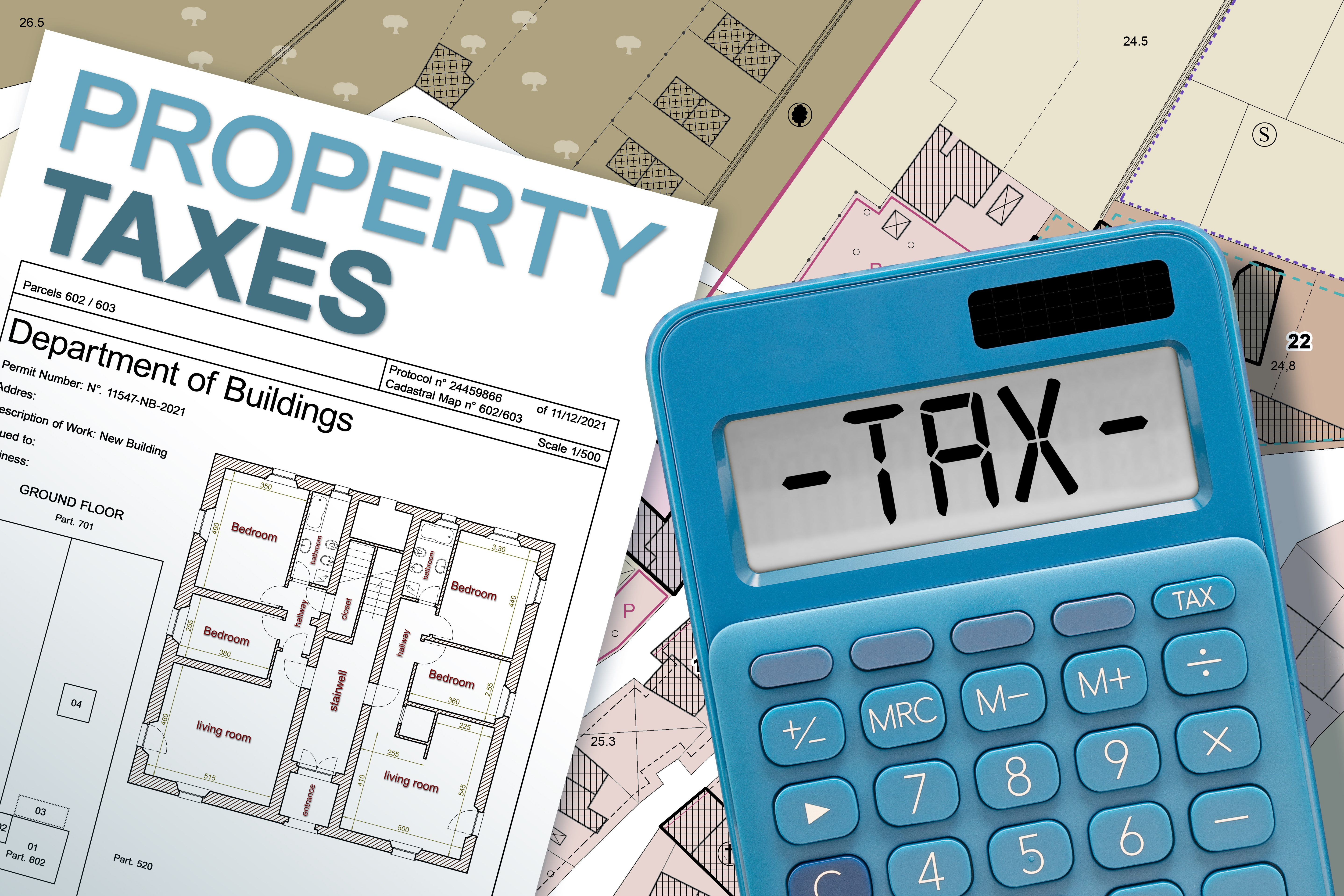Real Estate Taxes vs. Property Taxes: Key Differences
Most people mix up real estate taxes vs. property taxes without realizing the tax differences that affect their wallets. If you own property or invest in real estate, understanding how property tax rates and tax assessment work can save you money. This guide breaks down what makes real estate taxes and property ownership taxes unique, so you know exactly what you’re paying for and why. For more details, check out this link.
Understanding Real Estate Taxes

Let’s dive into the world of real estate taxes. Why should you care? Because understanding these taxes can keep more money in your pocket.
Basics of Real Estate Taxes
Real estate taxes apply to the value of your property. These taxes fund local services like schools, police, and road maintenance. Imagine your community thriving because of these contributions! Governments calculate these taxes based on your property’s assessed value, multiplied by a tax rate. For example, if your property is worth $300,000 and the tax rate is 1%, you owe $3,000. It’s essential to know how this impacts your budget. Curious about more details? Explore this informative article.
Importance for Investors
Why do investors care about these taxes? Because they directly affect your returns! Lower taxes mean more profit. Plus, knowing the ins and outs helps you make smarter investment choices. Consider this: if you can anticipate tax hikes, you can adjust your strategy beforehand. Investors who grasp these nuances often find better deals. Want to master this aspect? Check out this guide.
Breaking Down Property Taxes

Now, let’s shift gears to property taxes. These differ from real estate taxes and cover a broader spectrum.
What Property Taxes Cover
Property taxes are not just about your home’s value. They also encompass personal property like cars and boats. Local authorities use these funds for public services, ensuring community stability. Imagine your streets being maintained and your local parks flourishing! With property taxes, everyone chips in to support communal living. Need more clarity? Check out this resource.
How Property Taxes Are Assessed
How do they figure out what you owe? It’s all about assessment. Authorities evaluate both real estate and personal property to determine taxes. They look at market values and adjust annually. This means your tax bill can change year to year, impacting your budget. For instance, if property values rise, so do your taxes. Understanding this can help you plan better. Interested in learning more? Dive into this article.
Key Tax Differences

Let’s explore the differences between these taxes and how they impact investments.
Real Estate vs. Property Taxes
Real estate taxes focus solely on land and buildings, while property taxes include movable items. This distinction is crucial for budgeting. For example, a person with a modest home but several luxury cars might pay more in property taxes than a mansion owner. Recognizing these differences aids in financial planning. Discover more differences here.
Impacts on Real Estate Investment
What’s the takeaway for investors? Tax differences influence property attractiveness. In high-tax areas, profits may dwindle, while low-tax zones offer better returns. Imagine investing in a region with steep property taxes—your profits could suffer. But in a low-tax area, your wallet feels the difference. Savvy investors weigh these factors before making decisions.
Property Ownership and Taxation

Owning property means navigating various taxes. Let’s shed some light on this complex topic.
Navigating Property Tax Rates
How do you manage varying rates? It’s all about research. Check local tax rates before buying. Some regions offer tax breaks for specific properties, like historic homes. Knowing these can save you money. For instance, moving to a different county might cut your tax bill in half. Being proactive pays off.
Strategies for Tax Assessment
Want to reduce your tax burden? Challenge your assessment if you think it’s too high. Provide evidence like recent sales of similar properties. This can lead to a lower tax bill. Think of it as negotiating, but with numbers. Successful challenges can save you hundreds, even thousands.
Tips for Savvy Investors

Ready to become a tax-savvy investor? Let’s explore some strategies.
Managing Your Tax Burden
First, track changes in tax laws. Legislation shifts can affect your investments. Regularly review your portfolio and adjust as needed. For example, selling a high-tax property might be wise in certain markets. Stay informed to make the best decisions.
Leveraging Tax Knowledge for Success
Knowledge is power! Use tax insights to your advantage. Research tax incentives like deductions and credits. Imagine saving significantly on a new property because you knew about a tax break. Most people miss these opportunities, but you won’t. Keep learning, and your wallet will thank you.
By understanding these tax differences, you gain a significant edge in real estate investment. Knowledge equips you to make informed decisions, ensuring your investments thrive. Ready to dive deeper? Continue exploring and never stop learning!
If you are looking for more Real Estate articles, please have a look at our other blog articles.